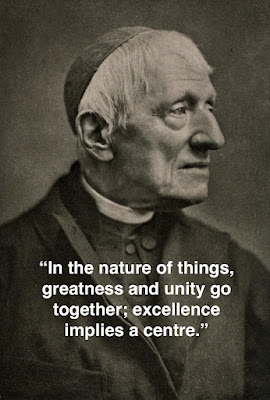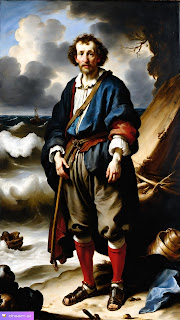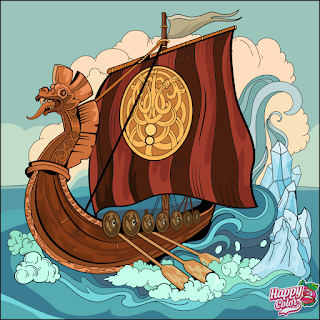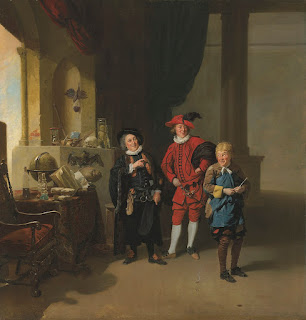“Then I went to the bank of the river, and found a handsome, new vessel, with sails of comely canvas, and it had a numerous crew, and was superfluously equipped. So I embarked my bales in it, as did also a party of merchants besides, and we set sail that day. The voyage was pleasant to us, and we ceased not to pass from sea to sea, and from island to island; and at every place where we cast anchor, we met the merchants and the grandees, and the sellers and buyers, and we sold and bought, and exchanged goods. Thus we continued to do until destiny conveyed us to a beautiful island, abounding with trees bearing ripe fruits, where flowers diffused their fragrance, with birds warbling, and pure rivers: but there was not in it an inhabitant, nor a blower of a fire. The master anchored our vessel at that island and the merchants with the other passengers landed there, to amuse themselves with the sight of its trees, and to extol the perfection of God, the One, the Omnipotent, and to won...














